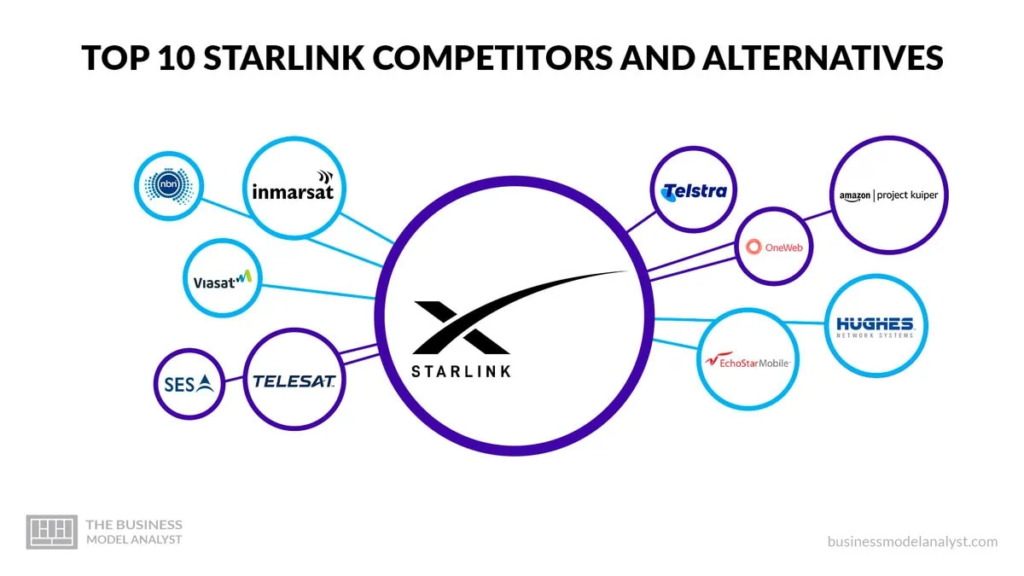In a major win for SpaceX’s Starlink and other satellite service providers, the U.S. Federal Communications Commission (FCC) has voted to open more wireless spectrum for non-geostationary satellites. This decision, made unanimously by the FCC, allows low-Earth orbiting (LEO) satellites to access 1,300 megahertz of spectrum in the 17.3 to 17.8 GHz bands, previously reserved for geostationary satellites. The move aims to enhance competition and improve satellite services, including high-speed internet, especially in underserved areas.
What’s Happening & Why This Matters
Expanded Spectrum for Satellites
On Thursday, the FCC approved the use of the 17 GHz spectrum for LEO satellites, such as SpaceX’s Starlink. This change enables satellite operators to transmit data from space down to Earth more efficiently, potentially leading to better internet speeds and service quality. SpaceX and Amazon’s Project Kuiper are two of the companies that have supported this initiative, pushing for the release of additional spectrum to advance next-generation satellite services.

SpaceX told the FCC that opening up the 17 GHz spectrum would maximize the use of these shared resources, which could bring significant benefits to consumers. By increasing bandwidth availability, satellite operators like SpaceX aim to provide more reliable and faster services, particularly to rural and underserved communities that lack high-speed internet access.
Reducing Bottlenecks and Expanding Competition
The FCC’s decision is expected to boost competition in the satellite market, allowing LEO satellites to operate alongside geostationary satellites which were granted access to the 17 GHz spectrum in 2022. By sharing this spectrum, both types of satellites will be able to support a range of services from stationary devices to in-motion systems like vehicles and airplanes. The rule change also signals the FCC’s commitment to fostering a competitive space economy and encouraging technological innovation.
FCC Chairwoman Jessica Rosenworcel noted in her remarks that the updated rules allow for various satellite use cases, boosting competition in the space industry and creating opportunities for U.S. companies to lead on a global scale. However, this expansion does come with concerns about potential interference with ground-based telecommunications networks.
Concerns from Telecom Providers
While the FCC’s decision benefits satellite operators, it has raised concerns from telecom companies like AT&T and Verizon. Both companies argued that opening the 17 GHz spectrum to LEO satellites could interfere with their existing networks. They submitted their own analyses to the FCC, advocating for tighter restrictions on satellite providers to minimize the risk of interference with terrestrial services.
In response, FCC staff reassured stakeholders that the order includes protections to prevent conflicts between satellite and ground-based networks. The agency emphasized that satellite providers must first obtain a license to use the spectrum and follow strict guidelines to avoid disrupting other services.
TF Summary: What’s Next?
The FCC’s decision to expand the 17 GHz spectrum for LEO satellites is a significant opening that enhances global satellite services. This expansion will lead to faster, more reliable internet services particularly in underserved areas. Concerns over interference with telecom networks remain and satellite companies will need to navigate these regulatory challenges. As more companies compete for the satellite internet market, TF projects that consumers can expect increased competition and innovation — ultimately improving access to high-speed internet worldwide.


